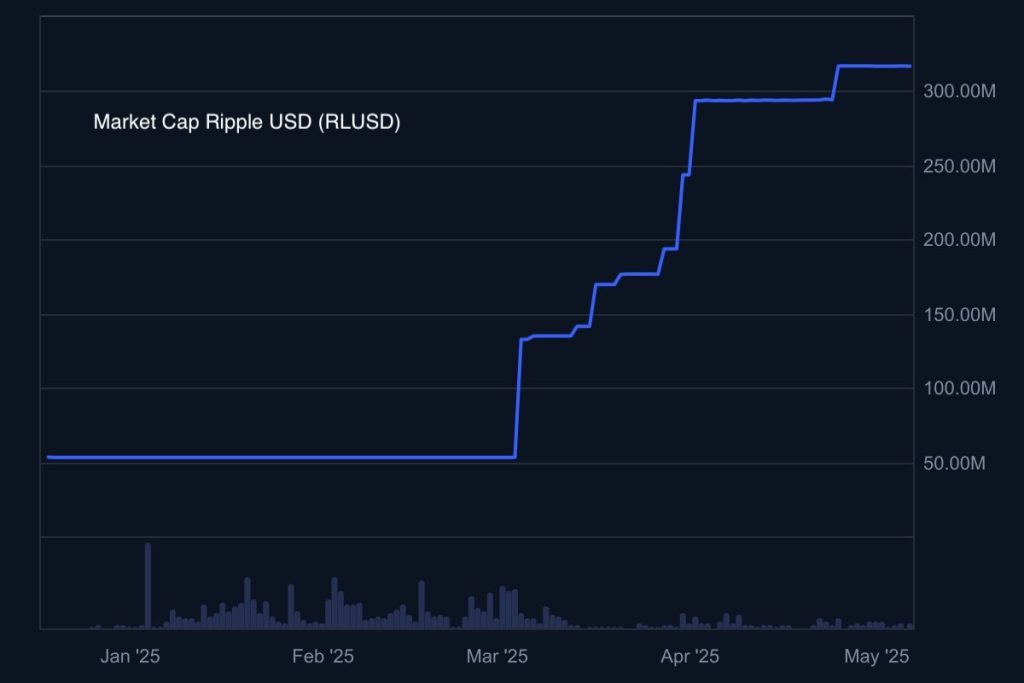You may have seen the story last week in the Wall Street Journal that described the horrific experience of junior bankers at the Baird investment bank working 110 hours or more per week. (In case you haven’t thought about it recently, there are only 168 hours in a week.) To work that much in a standard five-day work week would be 22 hours per day. Some of those junior bankers ended up being hospitalized, conjuring up the Japanese term “karoshi,” or death from overwork.
Depending on how old you are, your reactions are likely to be quite different. Having been around for a while, at least one of my first thoughts was, “Wait a minute. This is a Midwestern bank. I thought Wall Street was supposed to be where junior analysts were worked to an inhuman level.”
My second and more sober reaction: This is at least the third time in my adult life, over more than three decades, that stories have broken about—what is by normal standards—inhuman workloads on young people beginning their careers in investment banking. Each time, the story plays out the same way: The junior people start to worry that this is not normal because they see—or more likely, hear about on social media—people they (vaguely) remember from before they started in these jobs who are seeing friends, going out to dinner, doing things they thought were normal.
They don’t want to complain because they don’t want to look weak. If any junior person does ask, they hear that this is what the senior people had to do when they began as well, that this is an important part of learning and other rationalizations. The bosses who are pushing them longer and harder are not the senior leaders of the bank but the more recently promoted supervisors and their mid-level managers.
From the last crisis about overwork, rules were put in place typically capping work weeks at 80 hours, and on Wall Street Saturdays off. But the rules are routinely broken. Then one of these young employees dies, and it’s a story too big to ignore.
The fact that this is a Midwestern bank means that the overwork crisis is more clearly now an industry-wide issue and not simply a Wall Street problem.
Organizational priorities: profits or people?
The obvious question is, why does this keep happening over and over? A new overwork scandal breaks about every decade, there is a lot of harrumphing from senior leaders, some people get fired and new restrictions are put in place. This is exactly what is happening at Baird. Ten years later, we will be back here again.
Outsiders will surely ask, where was the human resources department in all this? You would think that would be the punchline here, but everyone reading this probably also knows the answer: They were there, in the background, no doubt upset listening to the complaints of the few juniors who think HR’s job is to protect them—but they were powerless to do anything about it.
When we hear people say culture is the problem, they’re referring to examples like Baird. But what does a culture issue mean? It means the value and priority of the organization is to get the work done whatever it takes—and as someone who aspires to fit in, employees should meet the challenges thrown in their direction whatever they are. As long as they meet them, more challenges will come their way and eventually there will be a reward. If anything gets in the way, including rules, they need to get around them.
See also: Hybrid work and employee health: fewer sick days, less stress
Another way to say that is, the leaders of the organization don’t really support restrictions that would protect employees enough to create them. Instead, the priority is getting deals done. In principle, they might well support restrictions to reduce overwork, but in practice they would not sacrifice any deals for them.
HR’s role in tackling overwork
Does HR have less influence in these organizations than elsewhere? It’s probably more fair to say that they place a stronger priority on getting work done at whatever price is needed. It could also be that because so few of these junior people stay with their firms, it is easier to see them as disposable.
In my experience listening to generations of alumni from these jobs, things have changed very little over the last 50 years. Most of the overwork is actually not so much the amount of work but the result of a lack of management. Junior people feel they have to hang around even when there is nothing to do just in case their boss drops something on them. It’s not just protecting employees that is the issue; it is spending some effort to think about more effective management.
One thing that has changed is that these banking jobs are no longer the most desirable jobs for new business school graduates. This is in part because the management of new hires in consulting firms—the main competitors—has improved so much. So, there is a price to be paid for overwork—just not big enough for some organizations.
Credit: Source link











